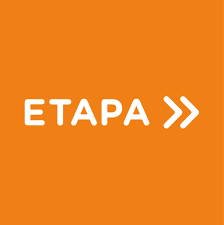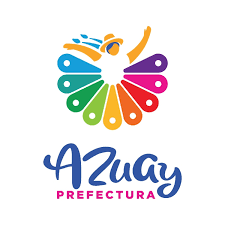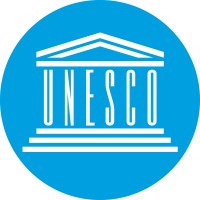About AWARE

Funded by VLIR-UOS, "Empowering communities for resilient water management: A collaborative approach to hydroclimatic challenges in the Andes" is a Short Initiative 2025–2027 project that brings together Ecuadorean universities, water authorities, and UNESCO to enhance decision-making and resilience through community-based monitoring, low-cost sensor technologies, and participatory planning. Focused on both rural and urban case studies, the project delivers tools, training, and co-created solutions to tackle climate variability and support sustainable water management in vulnerable Andean regions.


